MY BOOK WORLD
“What is thrilling on Monday becomes boring by Friday. We habituate, which means that we respond less and less to stimuli that repeat” (2).
This statement is the authors’ thesis. What implications does it have? Just about everything. What if you eat your favorite ice cream, rocky road, every day? You eventually become habituated to it; you get tired of it. (Get used to seeing habituate because you’ll see it on nearly every page.) Eroticism can become numbed by repetition. The more sex you have with someone, the less exciting it becomes.
The chapter on “variety” is interesting, as well. University professors take sabbaticals every few years, not only to study but to be exposed to a variety of stimuli. They may travel out of town, out of the country. The authors also address the problems of social media, how habituation relates to the topic. They tackle misinformation and the environment. And they address society as a whole: discrimination, tyranny (fascism), and the law. An interesting and timely book.
Up Next:
TUES: A Writer's Wit | May Swenson
WEDS: A Writer's Wit | John F. Kennedy
THURS: A Writer's Wit | Kenneth Dixon
FRI: My Book World | Daniel Fitzgerald, Faded Dreams: More Ghost Towns of Kansas


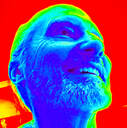

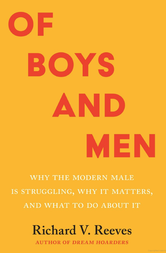


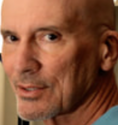

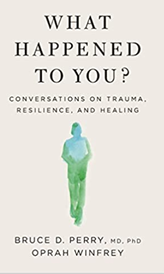
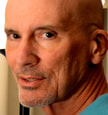

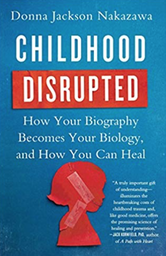

 RSS Feed
RSS Feed